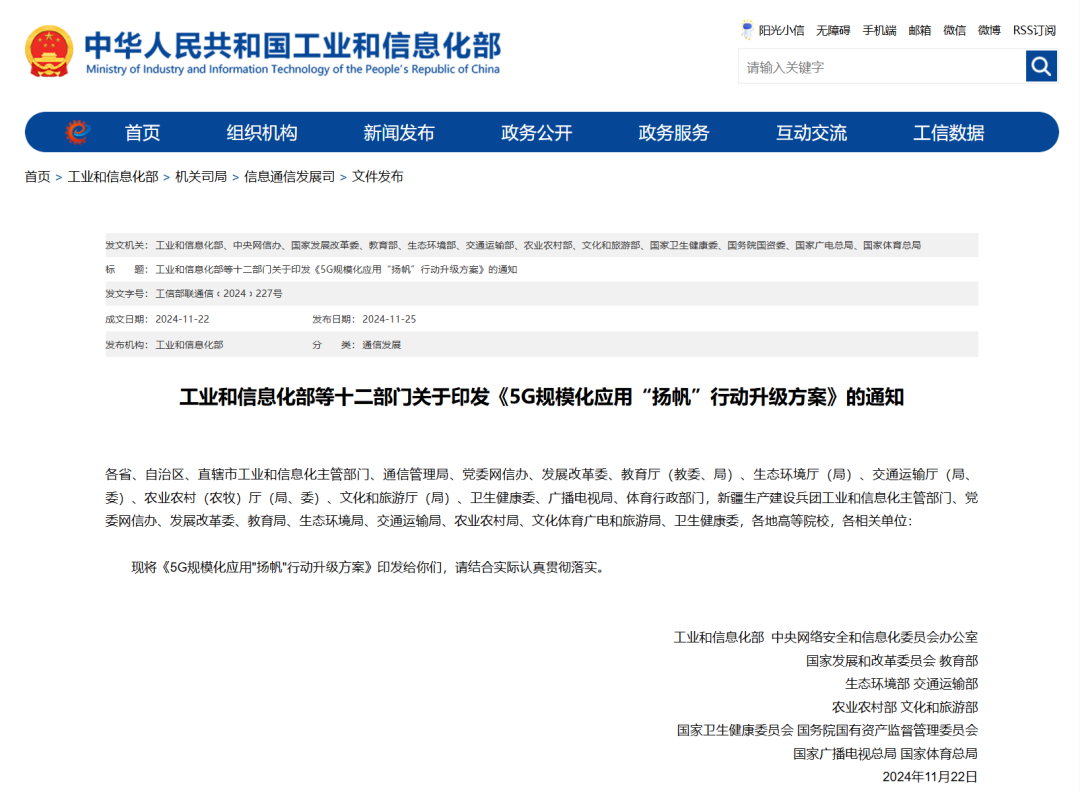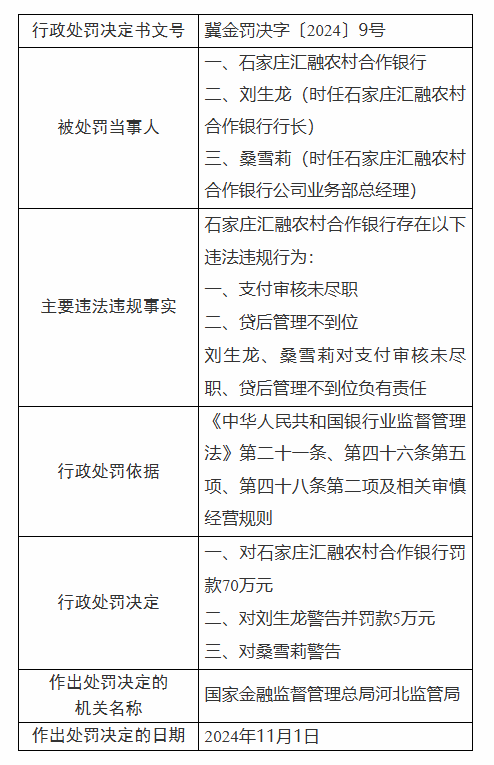租车买不买保险好
Title: Making Informed Decisions: Should You Purchase Rental Car Insurance?
Renting a car can be a convenient solution for travelers or those in need of temporary transportation. However, one common dilemma renters face is whether to purchase rental car insurance. To make an informed decision, let's delve into the key aspects of rental car insurance and factors to consider before making a choice.
1. What is Rental Car Insurance?

Rental car insurance provides coverage for damages or losses to a rented vehicle. It typically includes Collision Damage Waiver (CDW) or Loss Damage Waiver (LDW), which covers damage to the rental vehicle in case of an accident, theft, or vandalism.
2. Factors to Consider:
a. Existing Coverage:
Before purchasing rental car insurance, review your existing auto insurance policy. Many policies extend coverage to rental vehicles, meaning you may already be protected for rental car incidents. Check with your insurer to understand the extent of coverage and any limitations.
b. Credit Card Benefits:
Some credit cards offer rental car insurance as a cardholder benefit. This coverage may vary depending on the card issuer and card type. Check your credit card's terms and conditions to determine if rental car insurance is provided and under what circumstances.
c. Rental Company Policies:
Each rental company has its own insurance policies and options. Familiarize yourself with the terms, coverage limits, and exclusions of the insurance offered by the rental company. Pay attention to any additional fees associated with insurance options.
d. Personal Risk Tolerance:
Consider your personal risk tolerance and financial situation. If you're uncomfortable with the potential financial consequences of an accident or damage to the rental vehicle, purchasing insurance may provide peace of mind.
3. Pros and Cons:
a. Pros of Purchasing Rental Car Insurance:
- Provides peace of mind and financial protection.
- May offer coverage for incidents not included in your existing policies.
- Eliminates the need to involve your personal auto insurance in case of a rental car accident.
b. Cons of Purchasing Rental Car Insurance:
- Can be costly, adding to the overall expense of renting a car.
- Duplicate coverage if your existing auto insurance or credit card already provides adequate protection.
- May have coverage limitations and exclusions, leading to unexpected outofpocket expenses.
4. Recommendations:
Based on the factors discussed, here are some recommendations to guide your decision:
- If you have comprehensive auto insurance: Review your policy to understand if rental cars are covered. If so, assess the extent of coverage and decide if additional insurance is necessary based on your risk tolerance.
- If you have credit card coverage: Confirm the details of the coverage provided by your credit card. Consider using a credit card that offers adequate rental car insurance benefits when renting a vehicle.
- If you lack sufficient coverage: Purchasing rental car insurance may be prudent, especially if you're traveling in unfamiliar areas or have concerns about potential accidents.
Conclusion:
Deciding whether to purchase rental car insurance requires careful consideration of your existing coverage, credit card benefits, rental company policies, and personal risk tolerance. By understanding these factors and weighing the pros and cons, you can make an informed decision that suits your needs and provides the necessary protection during your rental period.











